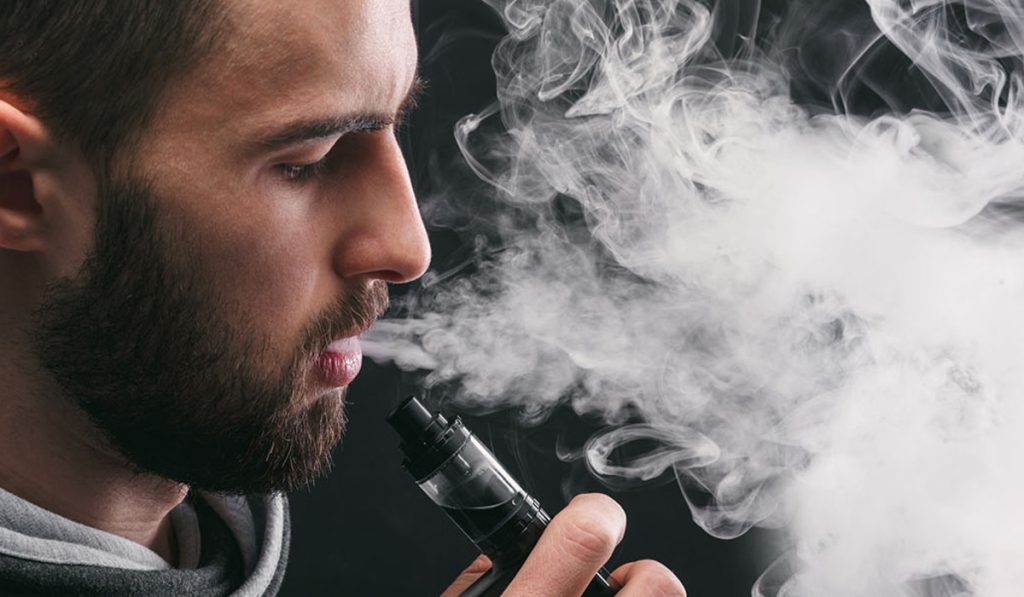A recent study has uncovered that even moderate exposure to nicotine-free vapor emitted by e-cigarettes can halt neutrophils, the body’s primary immune defenders, reducing their capacity to combat external threats. This discovery challenges the perception of vaping as safe and advises against prolonged e-cigarette use.
When they were introduced in 2007, these e-cigarettes (electronic cigarettes) or vapes became very popular and quickly spread all around the world. An estimated 82 million people in 2021 worldwide became vapers.
This is because many view vaping as a less harmful and less injurious act and a better alternative to traditional smoking. In some countries, people even view it as a smoking cessation aid and promote it extensively. To assess the surge in vaping, extensive research has been conducted to evaluate its claim of safety.
Research began at the University of Birmingham in the UK where a group of researchers revealed that vaping can impede the functioning and working of neutrophils, which are serving in the body as its initial defense against harmful foreign intruders.
“E-cigarettes are a proven, lower-harm tool to help smokers quit smoking, but our data adds to current evidence that e-cigarettes are not harmless and highlights the need to fund longer-term studies in vapers,” said Aaron Scott, corresponding author of the study.
In their study, the researchers obtained blood samples from individuals who had never smoked or vaped. They then exposed neutrophils extracted from these blood samples to 40 puffs of unflavored vape, a level of exposure previously determined to be equivalent to low daily usage. Half of the samples were exposed to vapor containing nicotine from e-liquid, while the other half were exposed to nicotine-free vapor.
In both groups, whether with nicotine or without, the researchers observed that the neutrophils remained viable but were immobilized, rendering them incapable of performing their usual functions. Ordinarily, neutrophils rely on tiny actin filaments to alter their shape and facilitate movement, enabling them to approach and envelop invaders.
“We found that after short, low-level exposure to e-cigarette vapor, the cells remain alive but can no longer move as effectively and are unable to carry out their normal protective functions,” said Scott. “Interestingly, vapor from e-liquids which did not contain nicotine also had the same negative effects as vapor from e-liquids which did contain nicotine.”
However, in neutrophils exposed to e-cigarette vapor, regardless of nicotine presence, the researchers detected elevated concentrations of the filament F-actin. Previous research has demonstrated that excessive F-actin levels hinder neutrophil migration and their ability to engulf and eliminate foreign substances.
“In health, neutrophils normally protect the lungs by moving from the blood to the site of possible harm before using a number of protective functions to protect the lung,” said David Thickett, one of the study’s co-authors. “The observed impact that e-cigarette vapor had on their mobility is therefore of significant concern, and if this were to happen in the body, would make those who regularly use e-cigarettes at greater risk of respiratory diseases.”
Considering the established connection between neutrophils and disease states, the researchers have expressed significant concerns regarding their findings.
“Smoking has a well-documented impact on neutrophils, and this study further shows the impact that e-cigarettes still have on the immune system,” said Liz Sapey, another co-author. “Neutrophils are heavily implicated in aging and chronic obstructive [pulmonary] disease and their relationship with tissue damage, and the impact of vaping in suppressing neutrophil activity regardless of nicotine could have long-term implications for health.”

